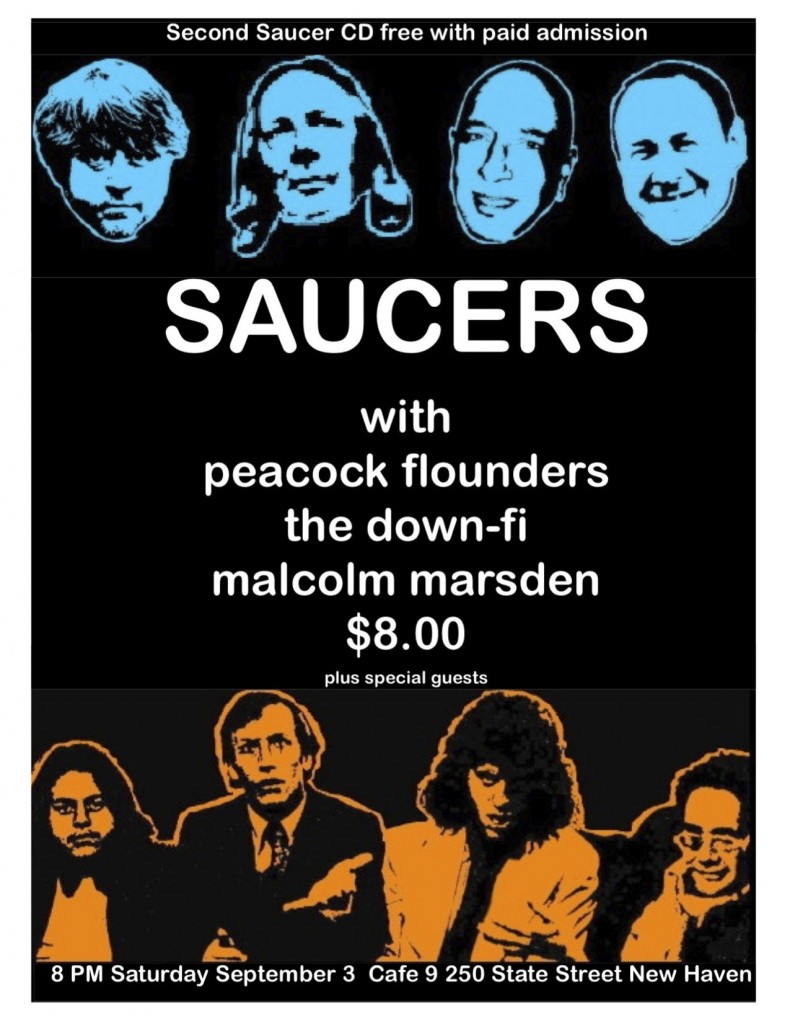Many of those who lament the abrupt, unexpected end of Jerry Lewis’ involvement with the Labor Day telethon for Muscular Dystrophy may not be aware that had already severely cut down on his face-time on the show in recent years. He’d start the show, actively host until midnight or 1 a.m., then disappear until morning. He’d then do a few big chunks of the next day, then get his third or fourth wind for the manic last hour of tallying and singing the traditional “You’ll Never Walk Alone.”
His spirit was kept alive throughout the show via video clips of scenes from some of his great movies, such as the bigwig-phonecall bit from The Bellboy, plus highlights from long-ago telethons. But continuity was lacking. Overnight sections began to include entire 90-minute sets by Country & Western singers, or several hours of music videos.
I once wrote a column for the New Haven Advocate about how Lewis was overdue in picking a successor, hoping that this was not a question of ego, since the famously hardworking host could easily keel over one day while inserting a pint glass in his mouth or tossing a walking stick in the air or reciting the Radio Announcer’s Memory Trick (to name three of his stellar live routines). I despaired that the pool of potential successors was getting thin indeed-if Martin Short, for example, wasn’t groomed for the gig soon, it’d be too late.
I wrote that essay something like 15 years ago. Since that time, Lewis has had heart procedures, an addiction to steroids, unexpected surges in popularity which had him overworked year-round. Some of his staunchest sidekicks—Ed McMahon, Charlie Callas—have passed away.
The best and worst coverage about Lewis (still publicly mysterious and unexplained) split from the telethon came from the Associated Press. The low blow was this headline: “Jerry Lewis admits Muscular Dystrophy Association helped fuel his fame, but remains mum on departure.” The story itself doesn’t phrase it as demeaningly. In any case, Jerry Lewis came to the MDA having already achieved international stardom on a level few comedians since Charlie Chaplin have achieved. His old movies continue to inspire remakes—most recently a Broadway musical version of The Nutty Professor. He was a founder of the Rat Pack.As a director, Jerry Lewis conceived new ways to be efficient behind the camera, pioneering the use of the video monitor. His live tours were sold-out sensations whenever he chose to do them. The insinuation that he’d be washed up had he not hosted a telethon seems untenable.
Yet an AP story today by Oskar Garcia got exactly the right celebrity to quote about the appalling lack of Lewis this year: Late Show bandleader Paul Shaffer, whose 2009 autobiography We’ll Be Here For the Rest of Our Lives devoted a chapter and more to his cheerful obsession with the comic, whose mannerisms inspired some of his Late Show lingo.
In his book, Shaffer talks about watching the telethon with his pal Harry Shearer. It’s reminiscent of how a lot of people watch the Oscars, or a football game—all the delight, dishing, suspense, surprise.
Shaffer’s not alone. I’ve been a Jerry Lewis telethon junkie for over 20 years, taping long tracts of the show, switching channels to stations who ran tape-delay versions of the otherwise live show, in order to revisit unbelievable moments, comparing notes with friends for days afterwards.
We watched the telethon solely for Jerry Lewis and his cronies. For the old-school sensibility he’d miraculously sustained for decades, for the smarm and the sass and the scandalous remarks. I fondly recall ad-libs so bigoted or offensive that my jaw dropped. I also marveled at how deftly Jerry Lewis could still interact with young improv comedians and even with musicians. This was such a grand show—Catskills grand, Zero Mostel grand, Mark Twain grand, Dickens grand—that 20 hours could hardly contain Jerry Lewis at his best.
Now he gets a rest, and I get to go out to watch road races and browse book fairs on Labor Day without worrying that I’m missing some memorable Jerry Lewis outburst. I just hope nobody else gets Muscular Dystrophy from now on, because it just won’t be the same.

